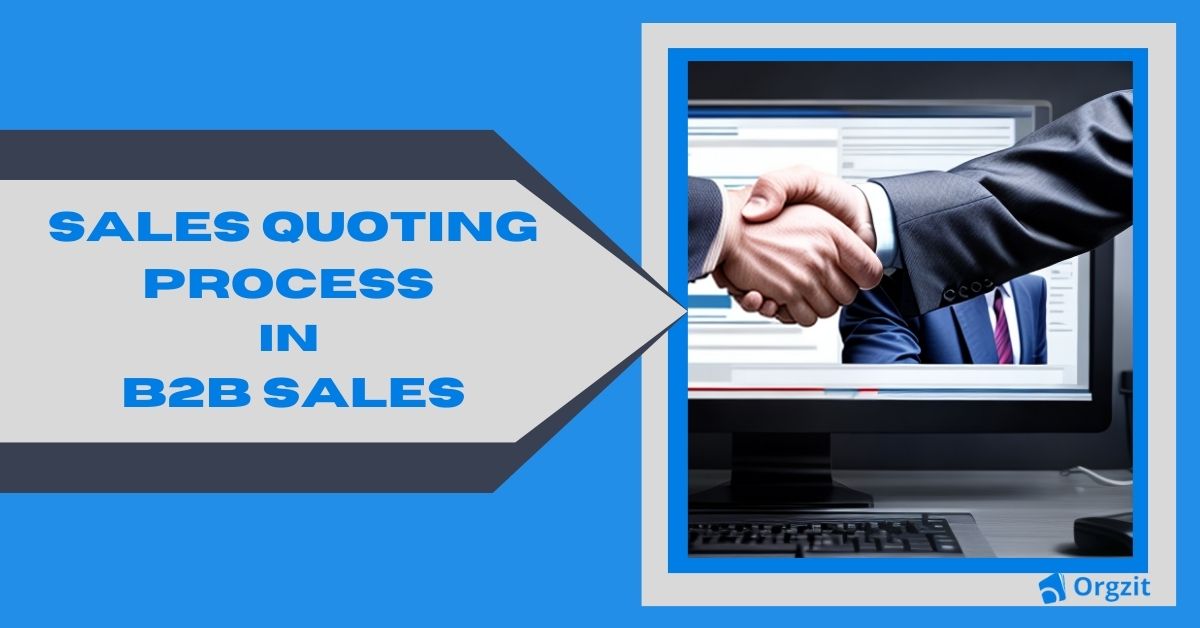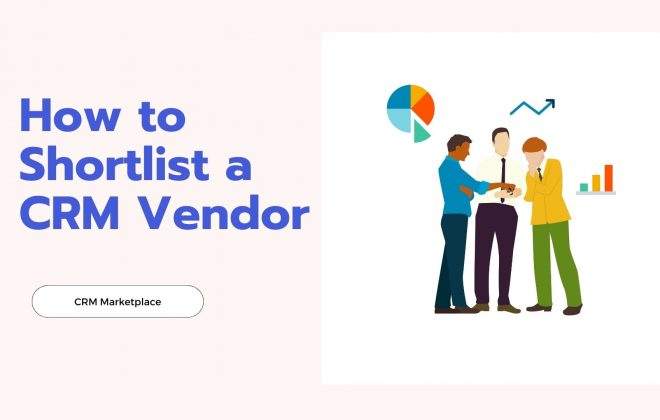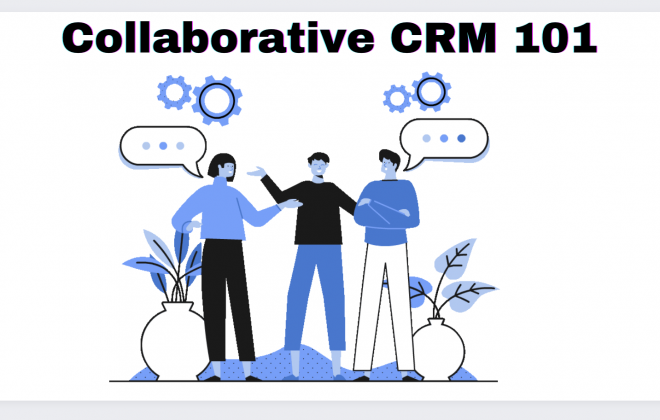Top 3 quoting challenges faced by manufacturers’ reps and avoid costly delays
Sales Quoting process is the most critical and important step in sales. A well-crafted sales quote highlights the product or service we offer, outlines its unique value, and aligns with the customer’s specific needs and pain points.
It builds trust and confidence in the buyer by illustrating a clear understanding of their specific requirements.
A very clear and easy-to-understand pricing structure can remove confusion and objections, making purchasing easier for the customer. In essence, mastering the art of sales quoting enhances a salesperson’s ability to persuade and close deals in the competitive world of B2B sales.
Just as the brain deciphers signals from various senses to form a cohesive understanding, a well-crafted quote integrates customer insights, aligning product or service offerings with the prospect’s needs.
How Does It Differ from the General Quoting Process?
In B2B sales, where opportunities are often the beam of business growth, conquering the art of sales quoting holds unparalleled significance. In this blog, we will discuss the popular strategies for optimizing the B2B sales quoting process.
In B2B sales, a successful quoting process means that you have converted a lead into a customer. The process involves creating and sending sales quotes that provide information about pricing, terms, and the specifics of a proposed deal. An effective quote can impact a company’s revenue and customer relationships.
What is a Sales Quote?
A sales quote is a document that a manufacturers’ rep shares with a potential customer to give an estimate of a product or service. The customer reviews the quote, negotiates, approves, or declines the quote. This is known as the quote cycle.
The sales quote becomes a crucial component as we start talking about business-to-business sales because it provides estimations from one company to another based on which the deal might advance.
The B2B Sales Quoting Process involves listing the cost of products and services in a formal statement specifying the pricing of the products and services in terms of sales and payment. During this process, the interaction between the reps and the opportunities can help the manufacturers’ rep to gain insights about customers.
Navigating the Sales Quoting Journey in the field of B2B Sales
Managing the sales quote journey is crucial to the B2B sales process. It includes understanding the customer’s needs and preferences and creating a customized sales quote that clearly communicates the value proposition and addresses the customer’s requirements.
Effective communication and negotiation skills come during the presentation of the quote, allowing the salesperson to address any concerns and objections. This process helps sales professionals to build authority, trust, and encourage long-term customer relationships. Let’s explore this in more detail:
1. Assemble the Information
In this phase, reps gather details about the customer’s requirements, preferences, and any specific needs they may have. This information is the basis for creating a personalized and accurate sales quote.
2. Pricing Optimization
Establishing a pricing strategy as per the market trends, competition, and the value of the product or service offered to clients can help organize the process of quoting price. This ensures competitive prices and a faster quote generation.
3. Implement the Sales Quote
The sales team prepares a quote using the assembled information and pricing strategy as a guide to breaking down costs, specifying terms and conditions, and incorporating any requested customizations from the customer. Businesses usually do this either manually or with quoting software.
4. Evaluate and Approve
Before sending out the quote, it is reviewed for accuracy and completeness. Depending on the quote price or approval policy of the company, internal approval may be necessary before sharing it with the customer. Most companies have an approval workflow if the quoted value exceeds the set price.
Tip: Businesses can use automated approval workflow like Quote Management Software to do the same.
5. Sending the Quote
The finalized quote and any additional information is sent to the prospective customer.
Tip: Ensure the quote is simple, clear, concise, and visually attractive.
6. Chase Up
After sending out the quote, the sales team communicates with the customer to address any questions or concerns. Negotiations can be done at this stage.
Tip: At this stage, the manufacturers' rep can leverage the customer’s history of communications, needs, and requirements through the data in their system. A CRM can enable quick access to this data.
7. Decision and Finalization
The client carefully evaluates the quote. The quote is accepted, declined, or adjusted once both parties agree on the transaction terms. The quoting process moves towards its concluding phase of sealing the deal.
Tip: A faster turnaround time can lead to a faster deal closing.
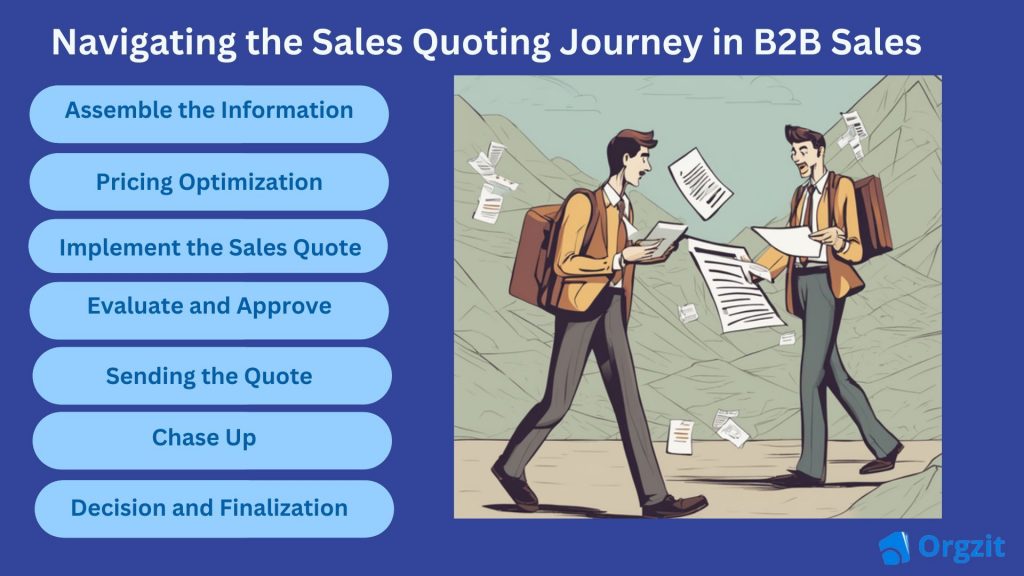

Top 3 Challenges Faced by Manufacturers’ Reps in Sales Quoting Process
The quoting process is essential for businesses but comes with its fair share of challenges. Some of these challenges include accurate estimations of costs, uniform pricing, handling time-sensitive requests, managing scope changes from clients, and adapting to market fluctuations.
To overcome these challenges, businesses must balance between accurate pricing, efficient processing, effective communication, and the flexibility to provide competitive and reliable quotes. While quoting is essential, it comes with its share of challenges, which include:
1. Complex Pricing
Complex products or services can pose difficulty in accurately determining their cost and describing services in a quotation. Manufacturers’ representatives must dedicate their time in understanding the intricacies of these offerings, which may involve technical specifications and industry-specific expertise.
Effectively conveying the value proposition without inundating customers with technical terminology is vital, and it is crucial to precisely capture all the elements and customization choices in the quote software to avoid any misunderstandings or disagreements in the future.
2. Customization Process
Balancing customization requests with profitability can be tricky sometimes. In this situation, many customers in B2B sales expect tailored solutions that serve their specific needs. However, balancing customization requests with profitability can be a delicate task.
Manufacturers’ reps need to assess the feasibility of customization and its impact on costs, resources, and profit margins.
They must balance satisfying customer demands, require careful evaluation of customization options, clear communication with the customer regarding associated costs and timelines, and ensure that customizations align with the overall business strategy.
3. Timely Quote Generation
Quick turnaround times are often required to stay competitive, which can strain resources. Sales teams must streamline operations, optimize workflows, and efficiently gather information to provide timely and accurate quotes.
Failing to meet time-sensitive demands can result in lost opportunities. Therefore, it’s crucial to balance speed and accuracy, ensuring that quotes are not rushed but meet customer’s deadlines.
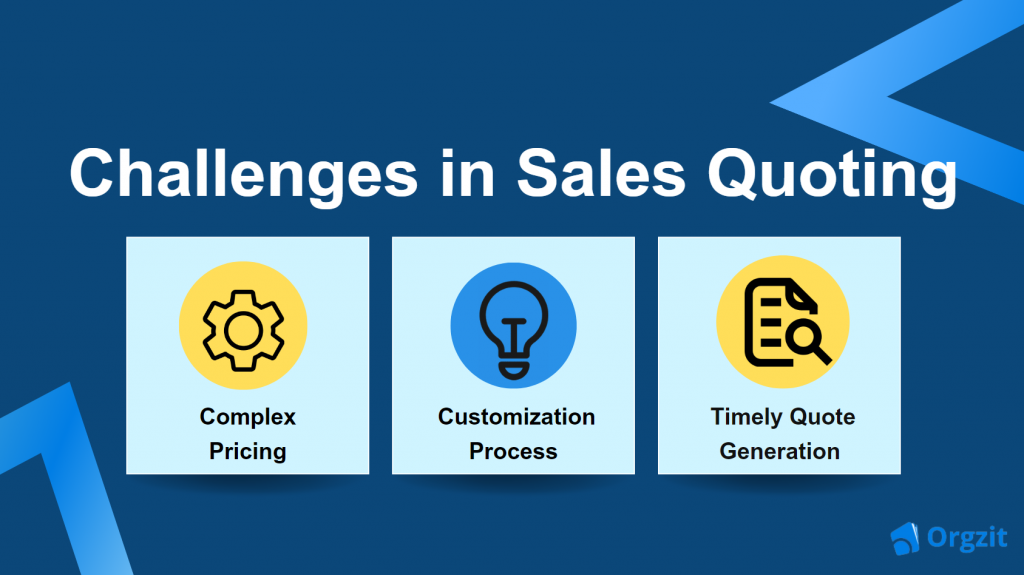

Streamlined Sales Quoting Process: How Is It Beneficial For B2B Sales?
A well-structured quoting process can offer multiple benefits to businesses. Leveraging tools such as Quote Software and CRM with quoting capabilities can enhance efficiency and customer satisfaction in B2B Sales.
Transparency
Quotes provide transparency to clients about what they are paying for and build trust and satisfaction.
Efficiency
A streamlined process reduces the time and effort required to create and manage quotes.
Profitability
Proper pricing and terms ensure that the deals are attractive to the customer and profitable for the business.
Professionalism
Professional quotes also play a key role in growing a business’s image and brand reputation. They serve as concise statements that encapsulate the values, expertise, and credibility of the business and reflect positively on its image and brand.
Tools and Technology for Sales Quoting
Quote Software and solutions designed for sales quoting have advanced significantly in decision-making and the personalized touch of the human mind. Advancements in technology have derived from the development of tools that streamline the quoting process in different orders:
CRM with Quoting
CRM systems are essential for businesses to manage their customer interactions and relationships. They store a vast range of customer data and communication history, which enables businesses to provide personalized experiences and improve customer satisfaction.
It also needs to store customer data and communication history, which aids in personalization.
With the help of a comprehensive CRM with quoting platform, you can consolidate your quotes in one place. And not just quotes; you can collaborate effectively with estimation, finance, accounts, and services teams on a centralized platform. CRM with quote management can thus help build an in-depth customer profile and establish a single view across your teams.
Quote Management Software
These software tools automate the process of sales quoting, allowing for quick and accurate quote creation. The software acts as the automation gear, seamlessly choreographing the steps and intricacies of crafting quotes. These tools weave together data and logic to conjure precise and dependable quotes swiftly.
Read more on Quote Management Software.
E-signature Platform
E-signature platforms act as digital counterparts to physical signatures, allowing customers to sign and return quotes electronically. These platforms enable clients to sign and return quotes digitally, expediting the approval process.
Read More on Automating Sales Quotation Process here.
To Summarize,
- Quote generation is the first step in the sales quoting cycle
- An effective quote cycle includes timely and accurate quote generation
- A quote is a formal document that shares the product or service prices and specifications as per the needs of the customer.
- A quote may need to go through the approval process. In order to make the process smooth and organized CRM with Quote Management can be used.
- Quoting tools can streamline the quote management process.
Conclusion
Generating accurate and timely quotes plays an important role in B2B sales success. It helps in connecting customers with businesses in a professional manner. With knowledge of the steps involved, the challenges faced, and the benefits it brings, businesses can optimize their quoting process to maximize efficiency, customer satisfaction, and revenue.


